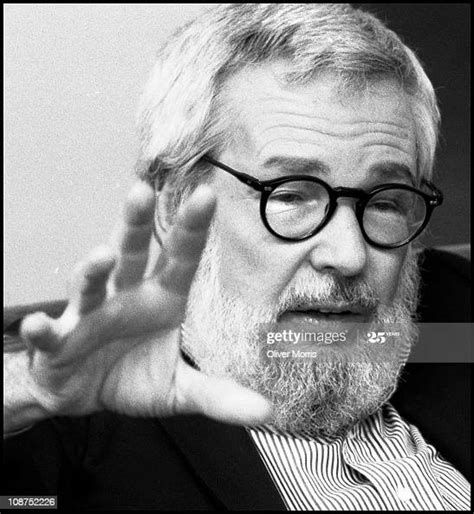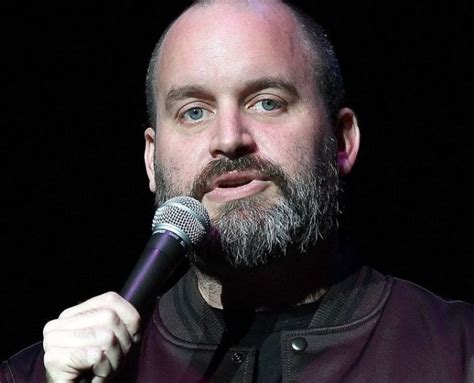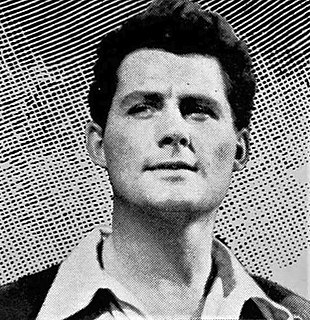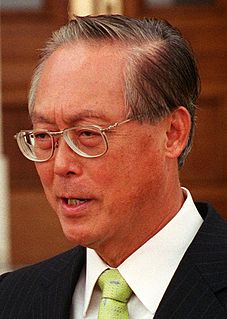A Quote by Munira Mirza
In cities across the world, directors of leading arts institutions, galleries and museums know that when it comes to attracting locals to their major exhibitions and shows, weekdays tend to be 'cultural dead time' for working people, who are simply too busy to enjoy what their city has to offer.
Related Quotes
Every major technological step forward has profoundly changed human society - that's how we know they're major, even if we don't always realise it at the time. Farming created cities. Writing, followed eventually by printing, vastly increased the preservation and transmission of cultural information across time and space.
There was a kind of cultural life in New York that wasn't as solidified as it is now, it wasn't as money-driven. If you look at the size of the successful art galleries compared to the size of galleries now - there was no such thing as the Gagosian Gallery or Pace Gallery. But it was a time when magazines were a vital part of American life, and Esquire gave me a free pass to every world - I could get to the art world, the theater world, the movie world. It allowed you to roam through the cultural life of New York City.
Fashion went from being much more rarefied to being more accessible. Now everything is changing in the art world, too: even the highest level of institutions are becoming more aware of the general public, like the McQueen exhibit at the Metropolitan or the Tim Burton at the MoMA or how the Gagosian does historic Picasso shows, bringing museum quality into a gallery. Galleries are becoming more like museums, and museums are becoming more accessible. In the next decade, I think it'll be blown open: there will be a lot of shifting around in terms of how artists approach their work.
Now there is a big turnover in the galleries. The top galleries are getting better all the time. A lot of galleries just struggle along, then a new one comes along. There are certainly a great number of galleries. I think this argues well for the art but there are, of course, a lot of "phonies" in all the arts.
The arts are not simply skills: their concern is the intellectual, ethical, and spiritual maturity of human life. And in a time when religious and political institutions are so busy engraving images of marketable gods and candidates that they lose their vision of human dignity, the arts have become the custodians of those values which most worthily difine humanity, which most sensitively define Divinity.
My background is in arts education and we know, absolutely for a fact, that there is no better way for kids to learn critical thinking skills, communication skills, things like empathy and tolerance. This is true across every boundary, across cultural boundaries, across socioeconomic, it's a great leveler in terms of unifying our world.
New Singapore will be one of the world's finest, most liveable cities. Arts, theatres, museums, music and sports will flourish. Singapore will be a lively and exciting place.. Our city will not only have depth, but also the richness of diversity. But above all, Singapore will a home for Singaporeans.




































